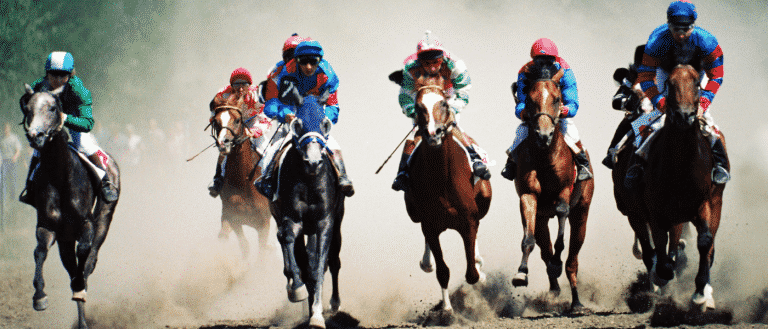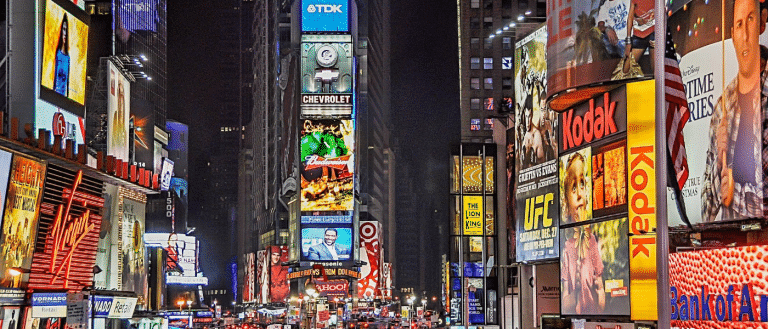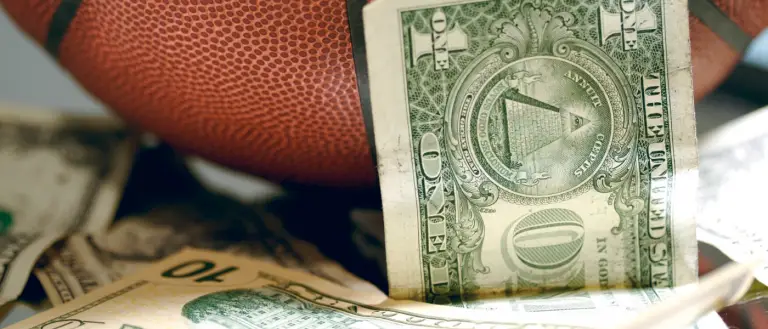5 US Sports Betting And Gambling Questions Heading Into 2021

In this column, Betting USA looks at five US sports betting and online gambling questions that could get answered in 2021.
The US online gambling industry is in a period of upheaval, as the gaming landscapes across the country rapidly change. The industry has been expanding and evolving rapidly since the first state-regulated online lotteries, online casinos, and online poker sites launched. The overturning of PASPA by the Supreme Court in 2018 was a container of gasoline on an already raging fire adding retail and mobile sports betting to the mix.
Trying to keep tabs on everything happening in the US online gambling space is a monumental task. Forecasting what is coming next is nearly impossible. But the near impossible is precisely what we will attempt to do in this column.
Has COVID-19 Ushered in the Digital-First Era?
COVID-19 ground the US economy to a halt. The pandemic touched virtually every industry, but you’d be hard-pressed to find an industry hit harder than retail gaming. That was terrible news for the states across the country that have grown increasingly reliant on gaming revenue. The coronavirus pandemic turned off the gaming revenue spigot in one fell swoop in most locales.
I say most, because several jurisdictions have embraced online gambling, and the availability of online lotteries and online casino games kept gaming revenue flowing into the state coffers.
Lawmakers and brick & mortar gaming operators have taken notice. Even before coronavirus, the fear of online gambling displacing land-based gaming was proven incorrect, and opposition was lessening. The virus has accelerated that, poking a massive hole in the long-held belief that retail gaming is a reliable revenue generator and job creator.
Here’s what I expect to see in 2021:
- Sports betting will continue to spread.
- Lotteries will continue to add online products.
- Casinos that were once hesitant to push digital products will begin to embrace them.
- The evolution of casinos as entertainment venues, not gambling halls, will continue.
Are DraftKings and FanDuel Unassailable?
DraftKings and FanDuel are clear leaders in the US sports betting market. The two daily fantasy sports companies have leveraged their US databases, filled with customers who like to spend money “entry-feeing” sports.
However, other companies are starting to erode DraftKings’ and FanDuel’s sports betting market share lead. BetMGM, BetRivers, and William Hill have gained ground in New Jersey and are slowly nibbling away at DraftKings’ and FanDuel’s lead in the Garden State and beyond.
Furthermore, new entrants in US markets, like Barstool Sports, will gobble up market share. Whether it will be through overall sports betting market growth or siphoning players from existing operators is a debate point. My guess is it will be more of the latter than the former.
Can the Current M&A Strategy Continue?
Multi-billion-dollar mergers and acquisitions have become commonplace in the gaming industry (here, here, and here). Everyone wants to consolidate and create “the largest gaming company in the world” (until the next mega-merger supplants them) and keep everything in-house.
I find this trend concerning for the consumer, and not because they have fewer choices. Instead, companies are taking on massive amounts of debt that inevitably lead to cost-cutting and creating more internal barriers within the company. That means they are focusing less on each part.
I can certainly do things around the house myself, but in many instances, the job will get done better and faster if I hire someone who specializes in landscaping, plumbing, or painting. Furthermore, taking on these responsibilities takes time away from other things I need to do.
Along the same lines, I would much rather see companies stick to what they’re really good at and, as Smarkets CEO Jason Trost noted, innovate. Instead, we’re getting gaming companies trying to juggle everything and opening themselves up to an increasing number of potential problems.
Unfortunately, I don’t see the trend reversing until the bottom falls out.
Can Responsible Gaming and Problem Gambling Make Inroads?
Responsible gaming has become a hot topic of late, and that’s welcome news. Unfortunately, the discussion hasn’t delivered much in the way of results.
Despite a number of sports betting and gambling expansion laws passing, laws with specific funding for problem gambling research and treatment are still the exception and not the rule. And as I noted in this column, the policies mandated in law, and self-imposed by operators are stale – but better than nothing.
So, while I’m delighted that the conversation is happening, I’m hoping that 2021 produces more results on this front.
Is Online Poker Ready to Rise from the Ashes?
Online poker has experienced a revival of sorts of in the US.
The pandemic shuttered cardrooms across the country (most are still closed or operating with extreme restrictions in place), forcing professionals and poker enthusiasts back online. Even the World Series of Poker was moved online in 2020. Online poker revenues have skyrocketed throughout 2020.
That may seem like a positive development, but it’s fool’s gold.
These previously online-centric pros and enthusiasts were forced to move into a less lucrative brick & mortar setting following the crackdown on online poker in 2011. In 2020, a pandemic sent them back to the even less lucrative online tables. Essentially, they’re not shifting their play because of new opportunities. They’re shifting their play out of necessity.
Barring a sudden change in the US online poker landscape, if there is a return to normalcy, I suspect most of these people will return to brick & mortar cardrooms. As I wrote on social media in response to this column about the possible death of online poker due to solvers and bots:
“Two big issues: 1) these problems are only going to get worse 2) becoming good at online poker is no longer fun, it’s tedious and expensive with little chance of reward. It’s the equivalent of telling someone they need a Ph.D. to get a $20/hour job.”







